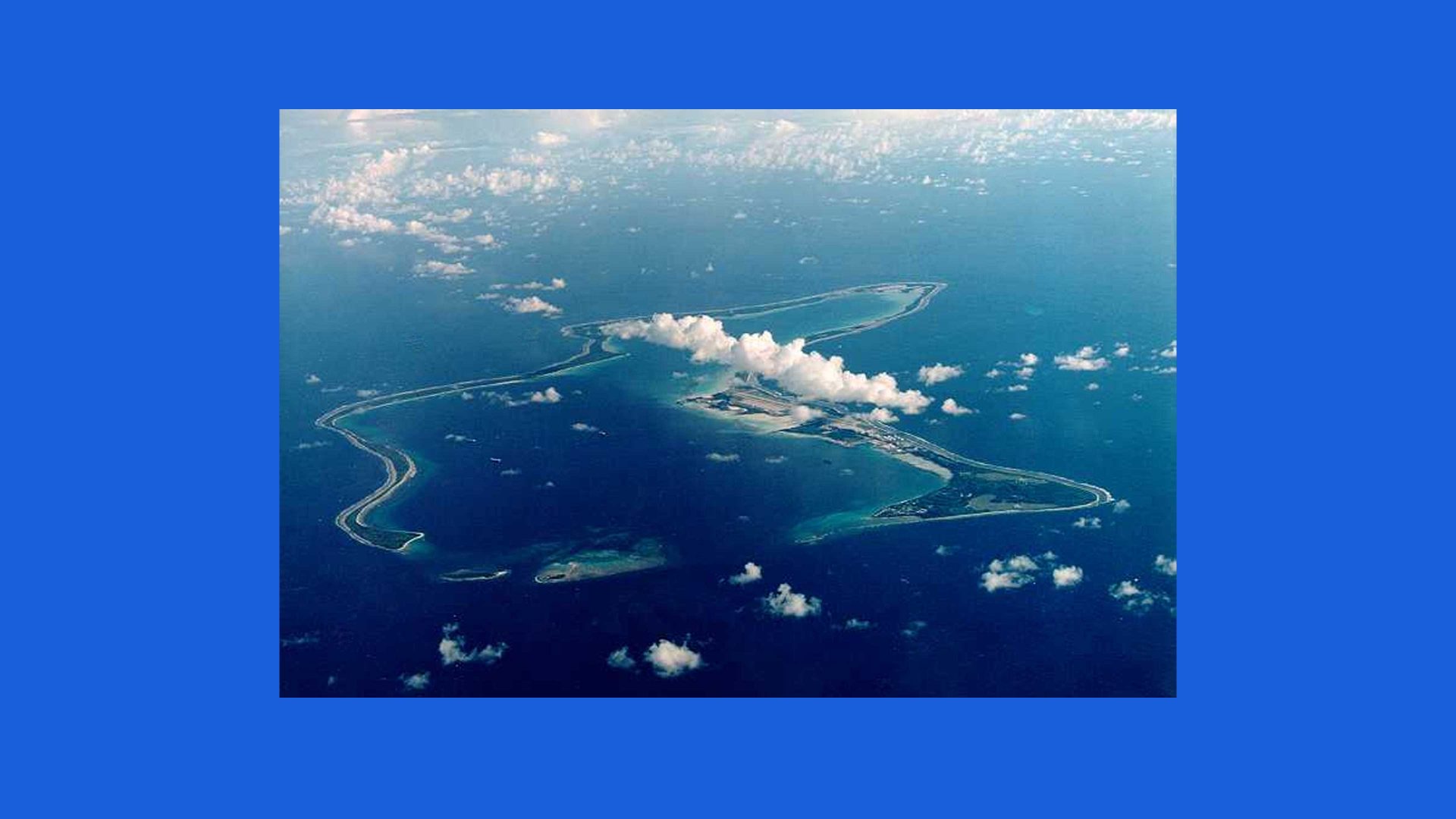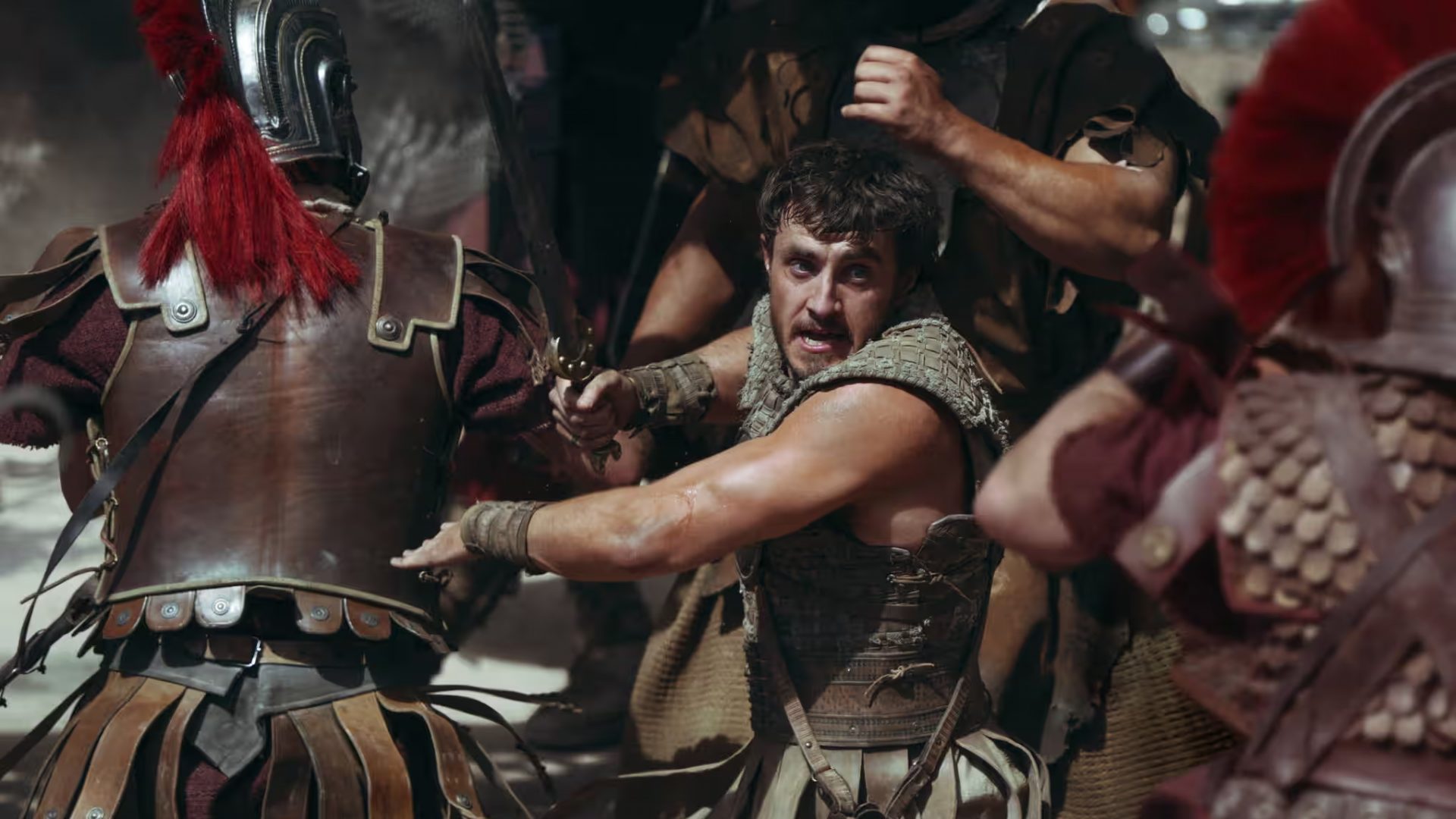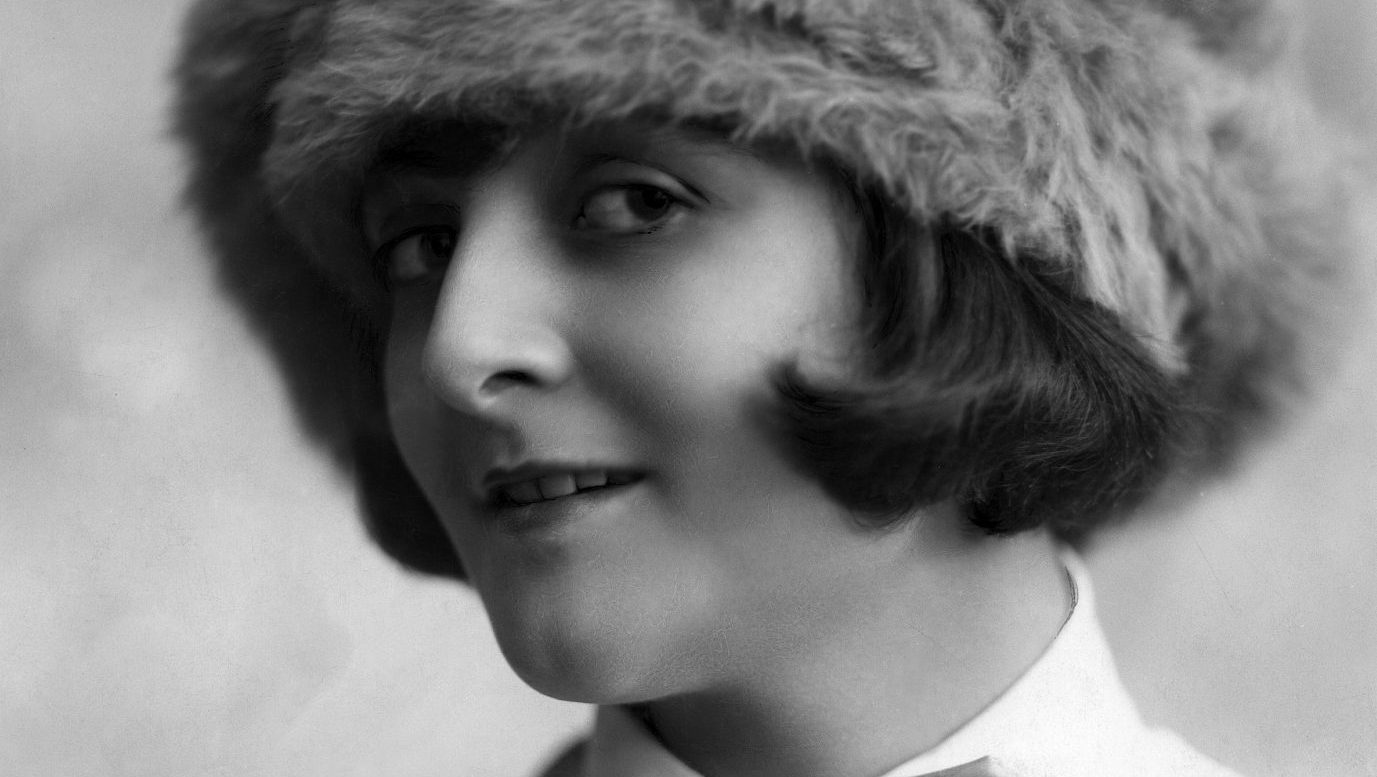The Chagos Archipelago is a group of seven coral atolls consisting of about 60 islands lying in the Indian Ocean, roughly 500km south of the Maldives, 1,880km east of the Seychelles, 1,680km north-east of Rodrigues Island (which belongs to Mauritius), 2,700km west of the Cocos (Keeling) Islands, which are controlled by Australia, and 3,400km north of Amsterdam Island, a territory of Antarctica – the Indian Ocean is very large indeed.
The Chagossians are an ethnic group of Afro-Indian origin descended from freed African slaves who were brought to the Chagos Islands by the French in the late 18th century, as well as from people of Asian (Indian and Malay) descent who arrived later as fishermen and farmers and to work on coconut plantations.
The Chagos Islanders have their own language. This is a variety of Bourbonnais Creole, a mixed-contact language ultimately derived from French. It is linguistically closely related to Seychellois – which it is mutually intelligible with – and to the French-based Creole languages of the island of Réunion (formerly known as Bourbon) and the island of Rodrigues, which lie to the east of Madagascar.
Mauritian Creole, or Morisyen, is a mixed French-based creole language spoken as a first or second language by around 800,000 speakers mainly in Mauritius, but also by some groups of speakers in Madagascar. It is a widely used lingua franca in the region in general. This creole incorporates a number of words borrowed from English, Tamil, Spanish, Portuguese, Swahili and other languages.
In the late 1960s and early 1970s, the British government forcibly expelled the Chagos Islanders so that Diego Garcia, the largest and most populated Chagos island, could be turned into a military base leased to the US. Most of the people relocated to Mauritius or England (there are communities in Crawley and Manchester).
The recent treaty between the Republic of Mauritius and the United Kingdom confirmed the sovereignty of Mauritius – a former British colony – over this archipelago, while granting the United Kingdom the authority to exercise the sovereign rights of Mauritius with respect to Diego Garcia, the site of the large joint US/UK air base.
This treaty was widely welcomed by many prominent figures on the world stage, not least by the US president, Joe Biden, who stated it was a clear demonstration that “through diplomacy and partnership, countries can overcome longstanding historical challenges to reach peaceful and mutually beneficial outcomes”.
The Chagos Islanders have been treated appallingly by successive UK governments, though not nearly appallingly enough according to Tom Tugendhat, Nigel Farage, and James Cleverly, who all disagreed with Biden and argued that the UK was quite wrong to give the Chagos Archipelago back to the expelled Chagossians, even though the islands did actually belong to them and their ancestors had been living there at least since the late 1700s, from about the same time as Europeans started settling in North America.
According to the Independent, Farage, loyal UK citizen that he would undoubtedly claim to be, has been working on a scheme to try to persuade Donald Trump to undermine the work of the UK government and veto the new treaty in order to prevent the Chagossians from returning to their rightful home.
ATOLL
An atoll is a ring-shaped coral reef surrounding a lagoon. One could be forgiven for guessing that atoll was originally a Polynesian word, but in fact it is a borrowed form of atoḷu, a word taken from the Dhivehi language of the Maldive Islands, which is a close linguistic relative of the Sri Lankan language, Singhalese.




